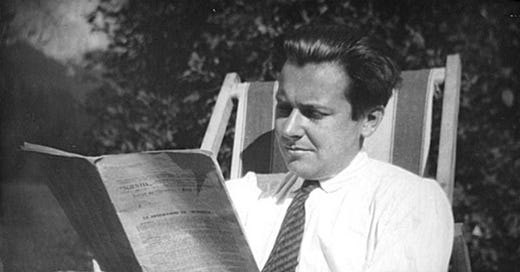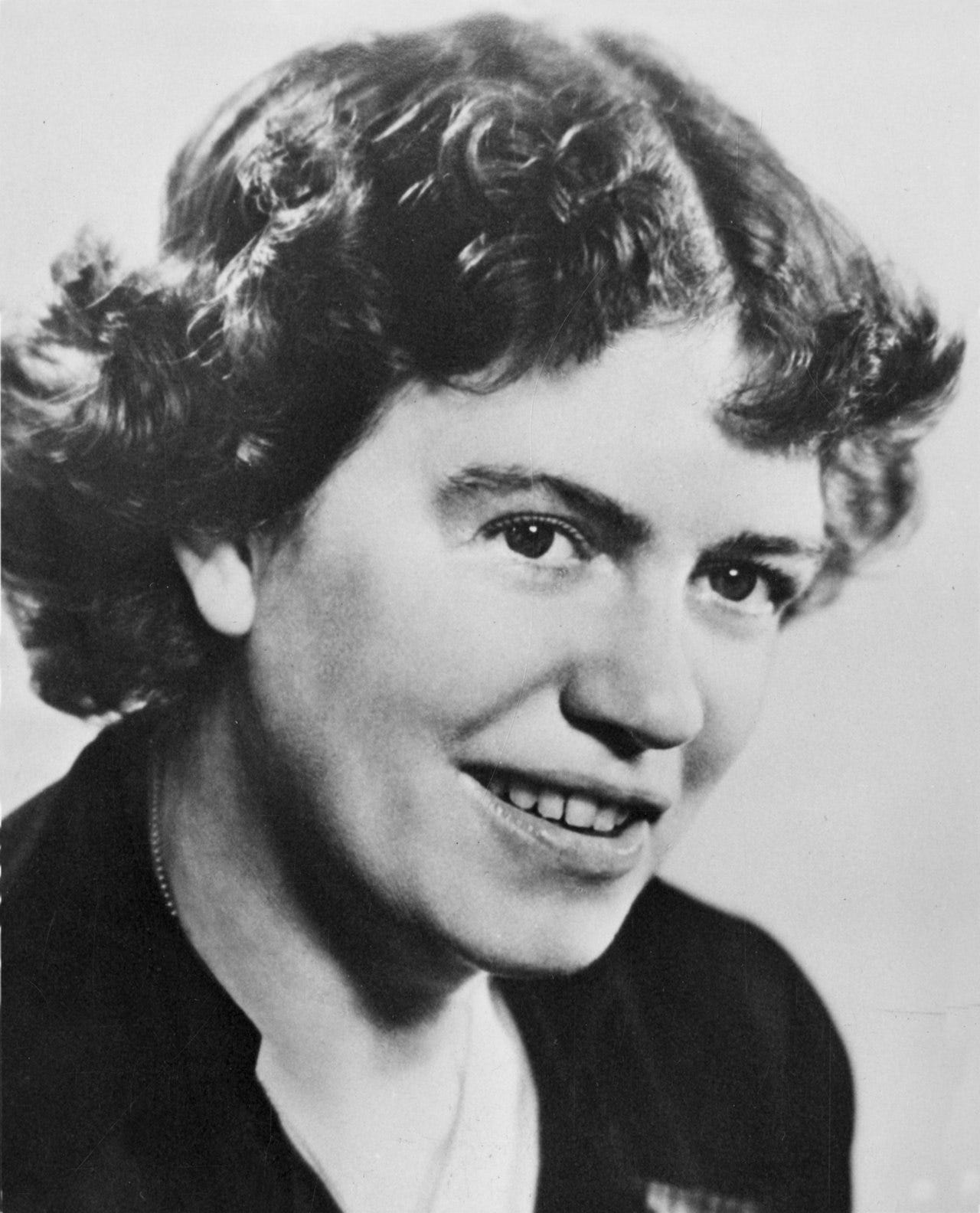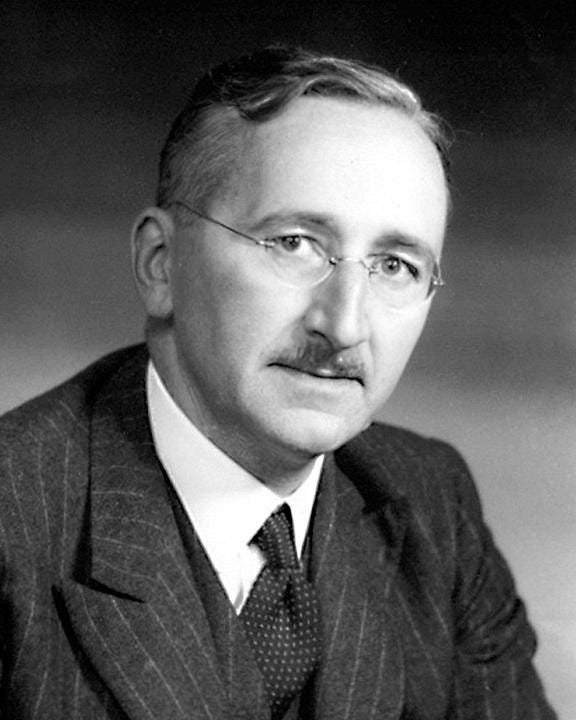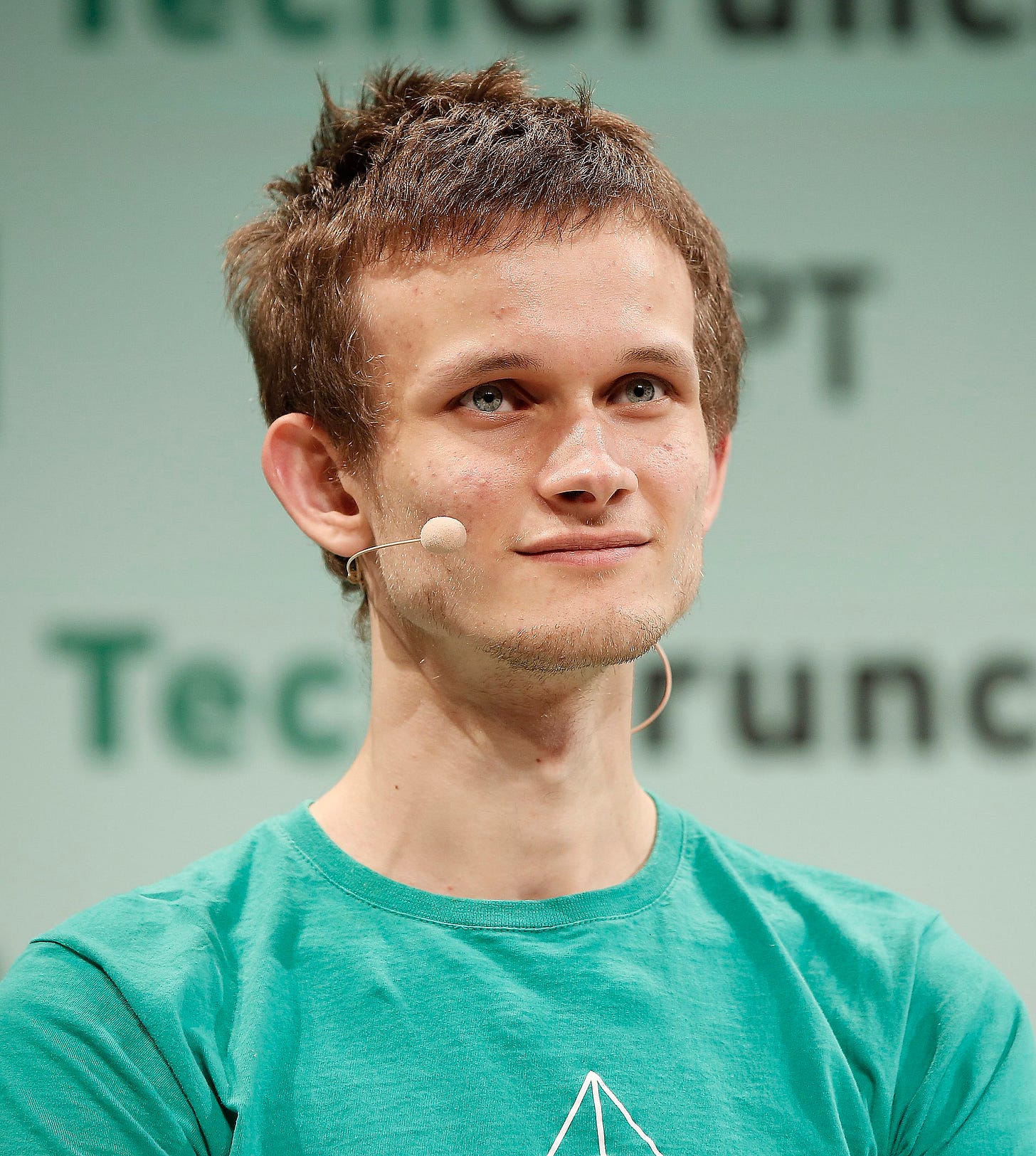Is Elon Musk the world’s top cyberneticist?
This question was posed during a group discussion I was a part of earlier this week. The group is working on a curriculum and educational technologies designed to get students excited about systems thinking and cybernetics.
Someone made the argument that in order to get younger people interested in these topics, it’s important to present inspirational role models who have demonstrated what can be accomplished by approaching the world in a systemic/cybernetic fashion. Elon Musk was highlighted as an example of someone who has demonstrated a clear capacity to think and act systemically and cybernetically across multiple domains.
The argument was compelling, but unsurprisingly there was pushback and several questions arose.
Is Musk actually a systems thinker, or is he just great at hiring and making use of talented systems thinkers?
From a philosophical and ethical perspective, do we really want to encourage people to emulate Musk?
How useful is it to use someone with such an abnormally high level of intelligence and obsession with work as a role model?
The conversation got me thinking, who else might we use as inspirational figures?
So, with a bit of help from Claude and the book Systems Thinkers, which provides a comprehensive biographical history that profiles 30 systems thinkers, I came up with an initial list of seven figures for consideration.
To spice things up, I asked Claude to imagine and describe each person as if they were characters in a role playing game. I figure that, especially for the lesser known historical figures, it might help bring them to life. I tried to include a diverse set of individuals with expertise spanning the natural and social sciences along with technology and engineering.
What do you think of this list? Are they all systems thinkers or cyberneticians in practice, even if not in name? Who would you want to include on a short list?
1. Ludwig von Bertalanffy (1901-1972)
The Foundational Sage - "The Unifier of Sciences"
Class: Theoretical Biologist/Philosopher
Special Ability: General Systems Theory - Can identify universal principles across different systems
Bio: The original systems theory architect, Bertalanffy pioneered the view that systems of all types share common organizing principles. His ability to see patterns across biology, psychology, and social sciences revolutionized how we understand complex systems.
2. Norbert Wiener (1894-1964)
The Cybernetics Wizard - "Master of Feedback Loops"
Class: Mathematician/Engineer
Special Ability: Cybernetic Vision - Can perceive feedback loops and control mechanisms in any system
Bio: A mathematical prodigy turned cybernetics pioneer, Wiener understood how information and control work across mechanical and biological systems. His mastery of feedback loops and communication theory makes him the party's master of system behaviors.
3. Margaret Mead (1901-1978)
The Cultural Systems Oracle - "Bridge Between Worlds"
Class: Anthropologist/Social Systems Expert
Special Ability: Cultural Insight - Can understand how human systems interact and evolve
Bio: A masterful observer of human systems, Mead brought systems thinking to anthropology and public discourse. Her ability to understand how cultural systems work and communicate complex ideas to the public makes her the party's expert on human dimensions.
4. Friedrich Hayek (1899-1992)
The Market Sage - "Navigator of Spontaneous Order"
Class: Economist/Social Philosopher
Special Ability: Emergent Order Detection - Can identify self-organizing patterns in complex social systems
Bio: Hayek understood how distributed knowledge and spontaneous order emerge in complex social systems. His insights into how markets and social institutions evolve make him the party's expert on emergent phenomena.
5. Elinor Ostrom (1933-2012)
The Commons Guardian - "Architect of Collective Action"
Class: Political Economist/Institutional Designer
Special Ability: Commons Wisdom - Can design systems for sustainable resource management
Bio: The first woman to win the Nobel in Economics, Ostrom revolutionized our understanding of how communities can manage shared resources. Her practical wisdom about governance systems makes her the party's expert on designing sustainable institutions.
6. Elon Musk (1971-)
The Tech Systems Innovator - "Industrial System Disruptor"
Class: Entrepreneur/Engineer
Special Ability: System Disruption - Can identify and transform large industrial systems
Bio: A controversial but impactful figure in modern systems transformation, Musk applies systems thinking to revolutionize industries like automotive and space. His ability to see opportunities for system-level change makes him the party's industrial systems specialist.
7. Vitalik Buterin (1994-)
The Crypto-Systems Architect - "Digital Commons Designer"
Class: Programmer/Economic Systems Designer
Special Ability: Digital System Design - Can create new forms of decentralized coordination
Bio: The youngest member of our party, Buterin represents the new generation of systems thinkers working on digital coordination systems. His ability to design complex cryptoeconomic systems makes him the party's expert on digital governance and incentive structures.











These days Iʻm learning more about systems science from indigenous Hawaiian scholars and teachers than from all the authors in my library. Elon Musk? Heʻs a genius and thinks systemically, no doubt, but does he articulate the science? As a libertarian, he misses big fat pieces of what makes a healthy society/system. Over time, weʻll see how his actions play out.
Now I have to read up on Vitalik Buterin!